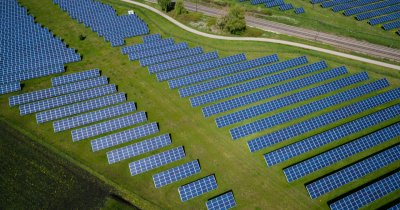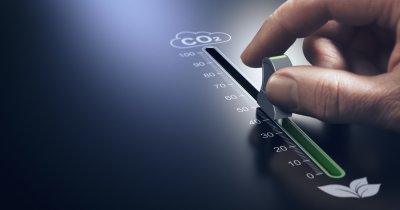Resulting from intense consultations with stakeholders and Member States, the new Monitoring Framework under the 8th Environment Action Programme aims to foster transparency and inform Europeans about the impact of EU climate and environmental policy.
EU policies have to ensure that the EU gets back on track to living and working within planetary boundaries.
As such, the indicators capture progress towards environmental wellbeing, including also economic and social aspects.
Virginijus Sinkevičius, Commissioner for the Environment, Oceans and Fisheries, said: “Policies are only as good as their implementation. These headline indicators will help us pursue the agreed policies under the European Green Deal, by shedding light on the trends and facilitating an informed discussion between policy-makers on where further efforts are needed.”
In addition, the list includes five indicators to measure progress towards addressing the main environmental and climate pressures. In line with European Green Deal objectives, this covers the transition we need to see in the coming years towards sustainable systems for energy, industry, mobility and food.
Moreover, the headline set includes indicators to monitor progress towards the main enabling conditions, covering sustainable finance, the ‘polluters-pay principle', and phasing out environmentally harmful subsidies.
The last chapter of the monitoring framework includes systemic indicators that aim to capture progress towards the three dimensions of environmental wellbeing, to cover also economic and social aspects beyond nature protection.
Next steps
The Commission will report annually on the progress made, based on stocktaking done by the European Environment Agency from 2023 onwards, with the help of the selected headline indicators. This reporting will facilitate an annual exchange between the Commission, the Member States and the European Parliament to be held in accordance with the 8th Environmental Action Programme.
In addition, the Commission will conduct two in-depth assessments during the lifespan of the programme – a mid-term review in 2024 and a final evaluation in 2029.
The 8th Environment Action Programme entered into force on 2 May 2022 and includes an obligation for the Commission to present a monitoring framework, based on a limited number of headline indicators.
The 8th EAP aims at accelerating the green transition in a just and inclusive way, with the 2050 long-term objective of ‘Living well, within planetary boundaries', already established in the 7th programme (2014-2020).
 Oana Coșman
Oana Coșman












Any thoughts?